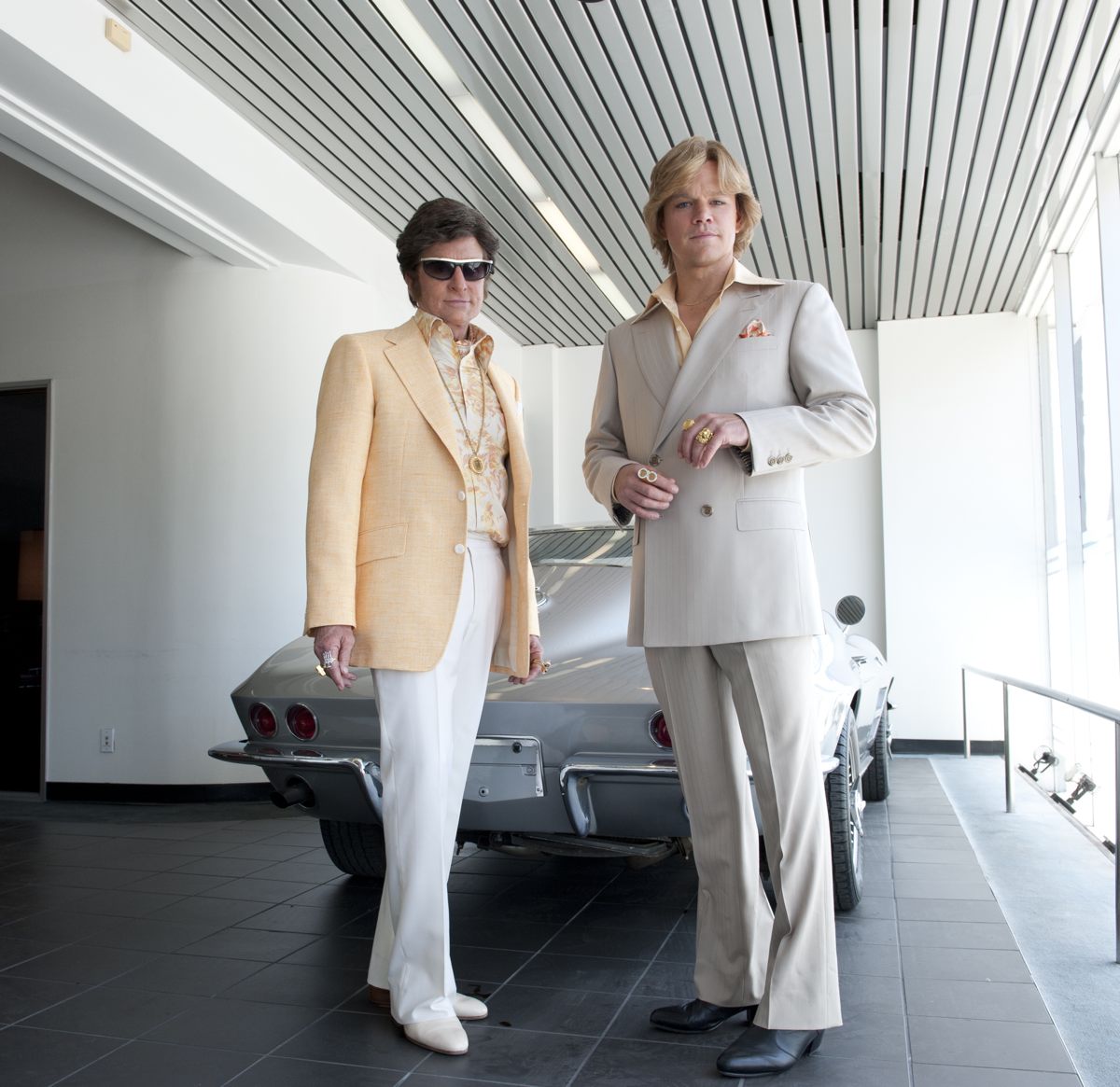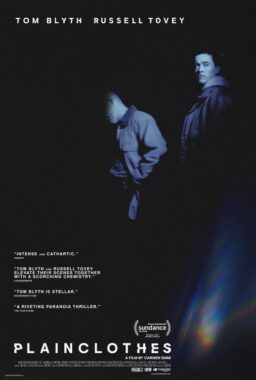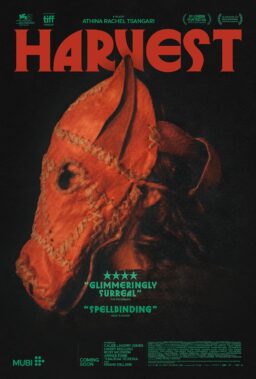“Behind the Candelabra” is a gloriously trashy title, one you can easily imagine being greeted with a dirty giggle by Liberace himself. Given that the man was extremely secretive about his homosexuality — as well as litigious when it came to any public rumors of it — he would probably have hated the idea of a film about him that focuses on his long-time relationship with a man named Scott Thorson. Still, the movie happens to be terrific (easily the best I saw in the Cannes competition this year), and does full justice both to Liberace’s stage persona and his everyday humanity — which got just about buried by the tons of glitter, pomade and frills he donned to give his audience pleasure.
Steven Soderbergh has based his movie on Scott Thorson’s book of the same name, adapted for the screen by Richard Lagravanese. The story spans the final decade in the life of Mr. Showmanship, and follows a predictable tangent of a birth and death of a relationship. Thorson starts out as a friend, quickly becomes a toy boy, and then an actual lover of the man who lavishes gifts and affection on him with no sense of limits. Once Liberace starts interfering with Scott’s looks in order to make him into the son he never had — complete with cooking up a legal adoption — bumps in the road start appearing, leading to infidelity, break-up and a lawsuit.
What makes the film special is the absolute precision of Soderbergh’s direction, as well as a genuinely great performance by Michael Douglas as Liberace. Somehow, “Candelabra” manages to both follow the formula of a biopic and go way beyond it. It’s a film about a real person that feels like it didn’t need to be based on one at all. Soderbergh works from the inside out: his priority is the truth of human emotions, not factual accuracy. In fact, the latter seems to be mere collateral of the director’s integrity; what matters most in “Behind the Candelabra” is a story of two men in a complicated relationship that brings as much joy to them as it does anguish and pain.
Liberace’s first appearance in the film is handled masterfully: we see Scott and his sometime lover Bob (Scott Bakula) entering an L.A. nightclub, mid-concert. The pianist on the stage is seen in a long shot and remains out of focus. What we first hear is the easy stage banter he engages in, slowly working up his audience. Once we get a close-up of him, the whiteness of Michael Douglas’ teeth is matched only by the keyboard his hands are effortlessly traversing.
His skin seems to be oozing tan all by itself; mascara looks like his natural secretion. Everything about him — the frills, the glitter, the sparkling pompadour — screams camp, and yet the flamboyant gayness of his act is mostly lost on the audience. “They don’t know he’s gay,” says Bob, hitting the nail on the head. Liberace’s rise to fame came before the gay culture and sensibility seeped into the mainstream of American life, and thus his mannerisms remained somehow idiosyncratic and “pure.” He was the gay guy your grandma loved, mainly because she didn’t have to think of him as gay. His flamboyance was seen as a function of his sensitivity; it was indicative of how difficult it was for this exceptionally tender and giving man to find the “right woman” who — duh! — must have been all he ever dreamt of.
As I walked into the theater to see “Behind the Candelabra,” I feared Douglas would come off as a summa-cum-laude graduate from the Meryl Streep School of Biopic Acting, which teaches amassing a bunch of gimmicks and passing it off as a role. Instead, Michael Douglas blew me away with the emotional truth of his performance, in which every seemingly imitative flourish stems from the inner life of his character. His Liberace is a man of infinite appetite and generosity. He’s voracious in taking and lavish in giving. He’s the ultimate sugar daddy with a heart of gold and an ego of steel — the perfect seducer, who administers blows as often as he suffers from them himself. The film suggests it’s his sweetly overbearing mom — played by Debbie Reynolds, who perfected the part in Albert Brooks’ 1996 “Mother” — that was at least partly responsible for her son’s near-pathological eagerness to please. When she dies midway into the film, the bereaved Liberace confesses to Scott, in a way that’s both shocking and exhilarating, “I’m free.”
Douglas has always been associated with screen seduction. He was both the victim of it (most famously in “Fatal Attraction” and “Disclosure“) and its borderline-sleazy enabler. His Oscar-winning performance as Gordon Gekko in “Wall Street” is the closest to what we see now in “Candelabra”: both movies are about rich older insiders luring younger men, who crave a boost in status and a lavish life style. He is so subtle and alive in “Behind the Candelabra,” I believe he’ll be leaving Cannes with a Best Actor award.
If there’s a theme running through Steven Soderbergh’s varied body of work, it probably has to do with performing as the ultimate expression of self. In his famous, Palm d’Or-winning debut, people talk sex and tell lies while knowing they were being videotaped. Given multiple levels of deception and role-playing that’s usually involved in a Soderbergh movie, even the “Ocean’s” series seems like an elaboration of that basic trait (there, the performance took the form of a heist). As recently as in “Magic Mike,” which focuses on the world of male strippers, Soderbergh shows both the sense of empowerment inherent in performing before an audience, as well as the possible trappings of becoming too caught up in its glamour. His latest — and allegedly last — movie serves as a great summation of that theme.
The film ends with an “All That Jazz” coda, in which Scott imagines Liberace’s funeral as a follies-type performance, with his late AIDS-afflicted lover singing the ultimate chestnut of Broadway resilience, “The Impossible Dream.” As he struts his glittered frame around the stage filled with Ziegfeld girls, he looks like a star of a glam-rock band, except he’s not out to titillate the audience, but to flatter it and please it. When he takes off and floats through the air, it doesn’t come as a surprise at all. Show-biz enchantment came as easy to him as breathing, and — at least in Soderbergh’s movie — lingers in the air even as the breathing had stopped.












